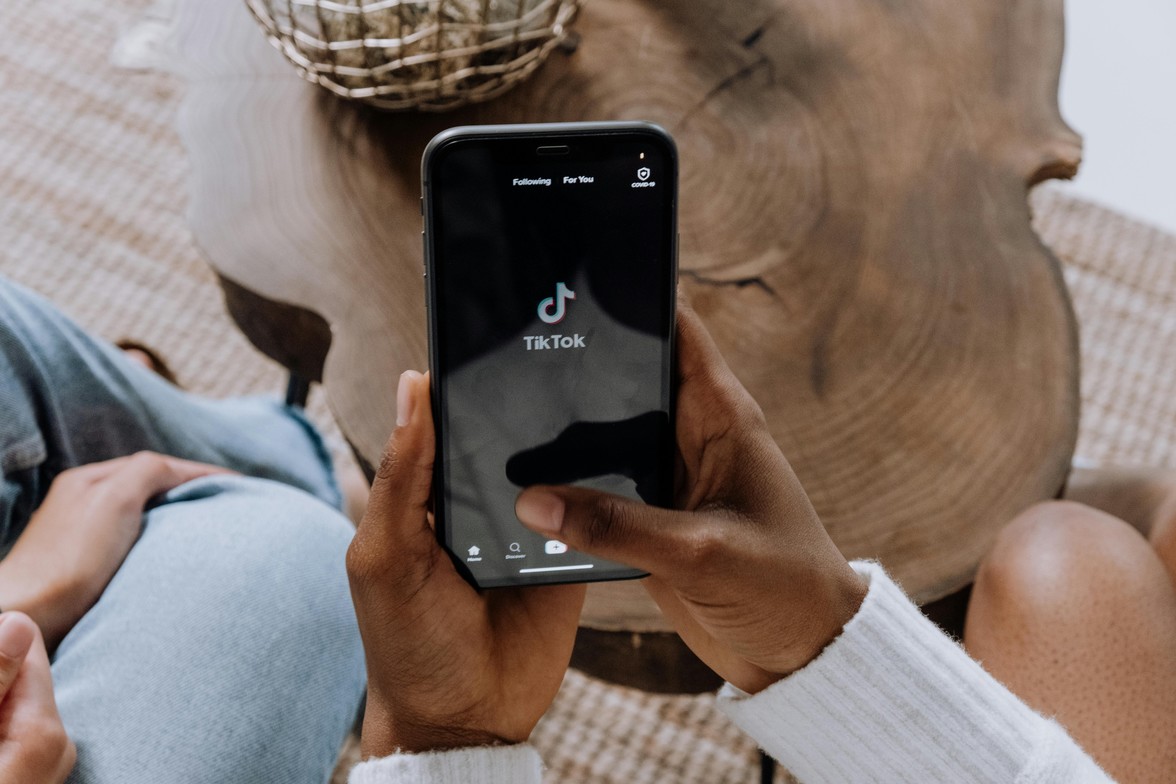
The Problem With Psychology Content on Social Media
If you've spent time on TikTok or Instagram, you’ve likely seen terms like “narcissist,” “BPD,” “ADHD,” or “attachment styles” used in everyday conversations. These are real psychological disorders and frameworks that require clinical assessment—yet they're now casually used to describe common behaviours. On highly curated feeds focused on relationships or mental health, it's easy to mistake relatable content for accurate diagnosis. While awareness is rising, so is confusion. What happens when psychology becomes a trend?
Mental Health Has Entered the Chat (and That’s Not All Bad)
It’s a good thing that more people feel comfortable talking about mental health. Social media has helped normalize therapy and brought visibility to lived experiences. Many have found language for what they’re going through—and that matters. But normalization doesn’t mean simplification is safe. Disorders are complex and deserve context.
Not Everyone Is a Narcissist—And That Matters
“Narcissist” has become a catch-all insult. But narcissistic personality disorder (NPD) is a serious and painful diagnosis, not a label for someone who’s selfish or confident. The same goes for ADHD and borderline personality disorder. When these terms are misused, they create stigma and discredit those genuinely living with these conditions.
TikTok Isn’t a Therapist: The Rise of Self-Diagnosis
It’s tempting to self-diagnose when you see your experience reflected in a video. But real diagnosis goes beyond matching a few traits—it requires professional evaluation. Algorithms can reinforce misleading beliefs, increase anxiety, or cause people to accept inaccurate labels. What feels helpful in the short term may lead to long-term confusion.
Attachment Styles Aren’t Personality Tests
Attachment theory, developed by British psychiatrist John Bowlby and later expanded by psychologist Mary Ainsworth, explores how early relationships shape how we connect with others as adults. The four core styles—secure, anxious, avoidant, and disorganized—offer valuable insight into our emotional patterns.
But online, these styles are often reduced to personality labels. “I’m anxious” or “he’s avoidant” becomes shorthand for complex relational dynamics. Attachment theory isn’t meant to box us in—it’s a tool for growth and reflection.
So What Can We Do Instead?
Be curious, not conclusive. Let relatable content be a doorway, not a diagnosis. If something resonates, explore it—with the support of a qualified professional when possible.
Final Thoughts: Let’s Protect the Language of Mental Health
Mental health deserves nuance and care. By treating clinical terms with respect, we protect both the profession—and the people it serves. Your ex might be rude. That doesn’t mean they have a disorder.
Looking for Support?
If you’ve found yourself questioning your attachment style or feeling overwhelmed by mental health content online—you’re not alone. Real clarity comes from reflection, not algorithms.
Working with a therapist can help you explore your patterns and understand what’s beneath the labels. Ready to connect more deeply—with yourself and others? Book an appointment today.
Written by our previous student therapist - Adriana Essomba



